
Seqirus has taken the decision to make its cell-based flu vaccine, FLUCELVAX TETRA, using a completely cell-based production process.

Seqirus has taken the decision to make its cell-based flu vaccine, FLUCELVAX TETRA, using a completely cell-based production process.

At INTERPHEX 2019, CEO Richard Johnson highlighted the importance of PDA’s new Asian business unit and outlined the organization’s plans. Data integrity guidance for manufacturing and quality systems will be published by the end of the year, as efforts move into big data and artificial intelligence.

The growing trend of partnerships between small biotech companies and CDMOs makes the need for conducting CMC due diligence increasingly important.
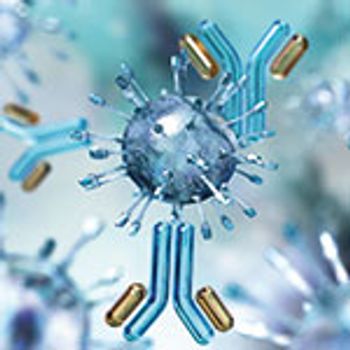
Increasingly complex monoclonal antibody molecules will require the right “tool box” for scaling up manufacturing.
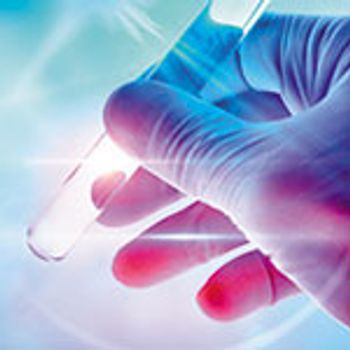
Drug developers must understand the complex bioanalytical assays for cell- and gene-therapy drug development programs and ensure that partners have the specialized expertise needed for complex therapeutic classes.
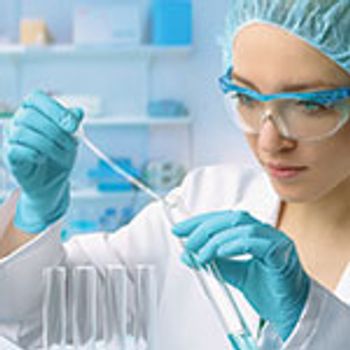
More manufacturers are embracing MAM, which simplifies biopharmaceutical product quality testing, and facilitates the measurement and monitoring of critical quality attributes.

Brexit has the potential to rumble on until Oct. 31, 2019 as the UK is granted a further six-month extension by European Union leaders.

The company’s Quantum peristaltic pump uses a patented single-use cartridge technology and is applicable to downstream bioprocessing.

The companies form a strategic joint venture for developing and manufacturing live biotherapeutics.

The BioContinuum Buffer Delivery Platform offers streamlined buffer management and delivers “contiGuous” bioprocessing.

The Quartic Platform is a new, AI-powered smart manufacturing platform that can be integrated into legacy facilities and manufacturing processes.

ITT Engineered Valves presented its new EnviZion hygienic valve technology at INTERPHEX 2019 in New York City.

Pharmaceutical Technology and BioPharm International will present a Keynote Session on Meeting Bioprocessing Manufacturing Capacity Demands on Wednesday, April 3, 2019, during INTERPHEX 2019 at the Javits Center in New York City.

In a keynote session at INTERPHEX 2019, experts will review and debate the issues and present potential solutions for contamination issues in aseptic manufacturing.

Educational sessions on the INTERPHEX show floor will include a panel discussion on implementing continuous manufacturing.

3D printing offers a new design freedom for bio/pharmaceutical manufacturing: whether for “printing” a solid-dosage drug or for creating a piece of equipment for bio/pharmaceutical laboratories or manufacturing facilities.

Adding to an existing $115-million investment, the 700,000-ft2 site in Longmont, CO will expand AveXis’ gene-therapy manufacturing capacity.
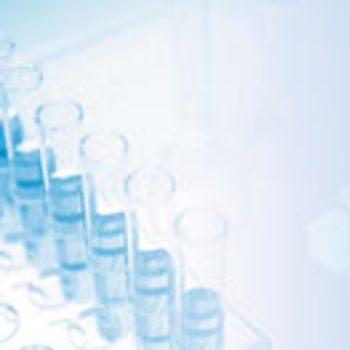
Laboratory test methods evaluate cleaning agents and cleaning process design for removing resin residues from the surfaces of non-dedicated chromatography columns systems.

FDA is moving to shift industry away from step-wise batch production.

To achieve further cost reductions in biosimilar manufacturing, a move away from traditional models is necessary.

A look at the Univercells' NevoLine bio manufacturing platform, which incorporates principles of automated and continuous bioprocessing.

Close collaboration between academic and industrial groups is vital to ensuring glycosylation models are fit for deployment.

Technical advances in process understanding and control must be accompanied by a change in mindset.

Getting the science right helps biopharma startups overcome development and commercialization challenges.
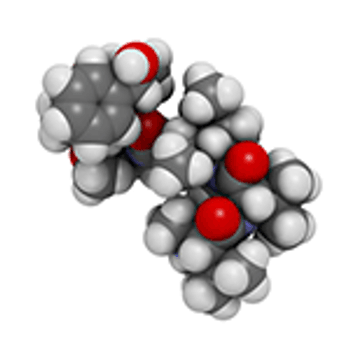
Drug makers continue to explore innovative ways to develop antibody-drug conjugates based on their unique potential to neutralize cancer cells.